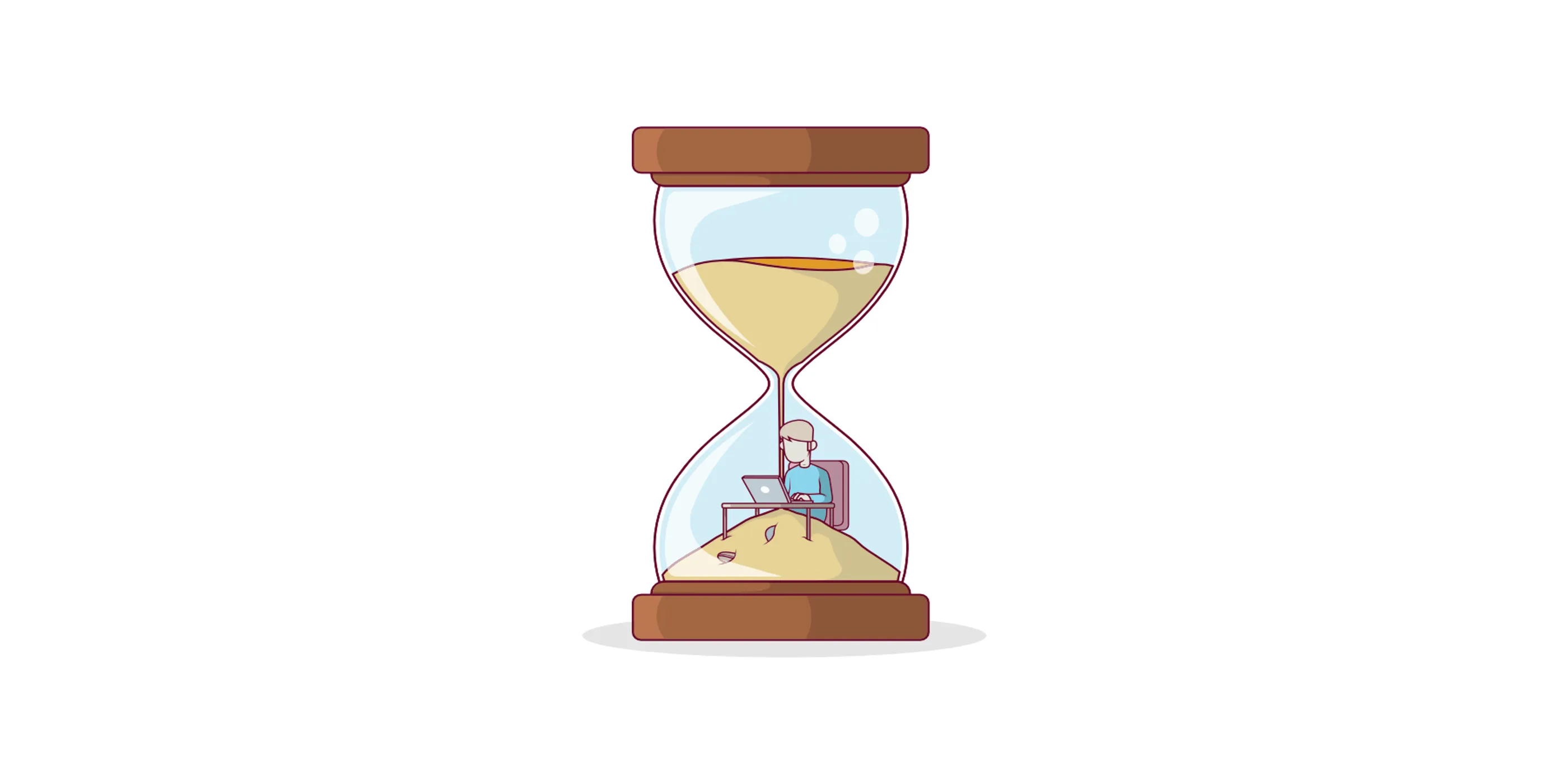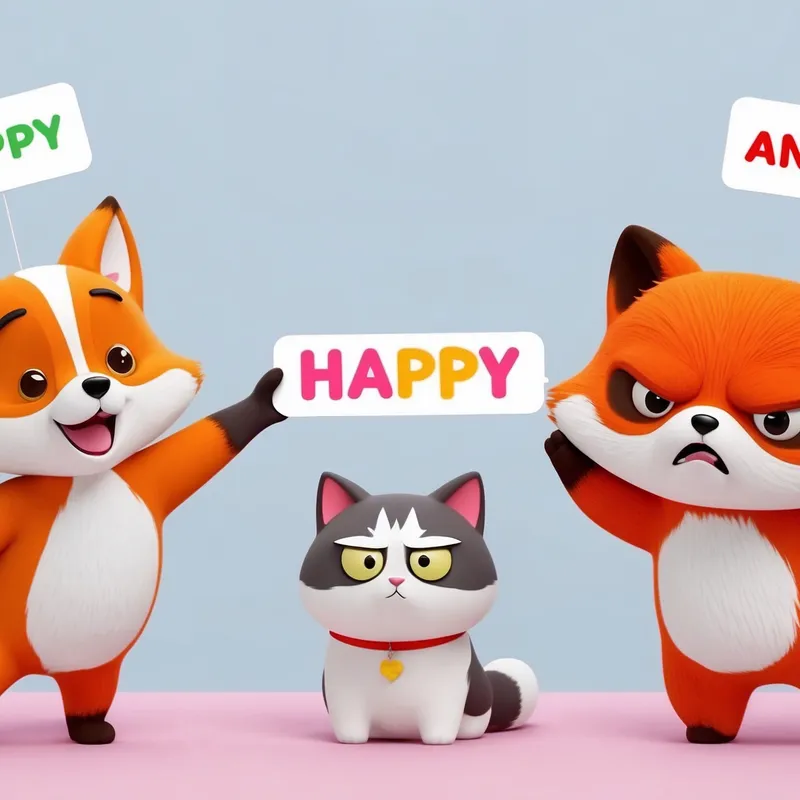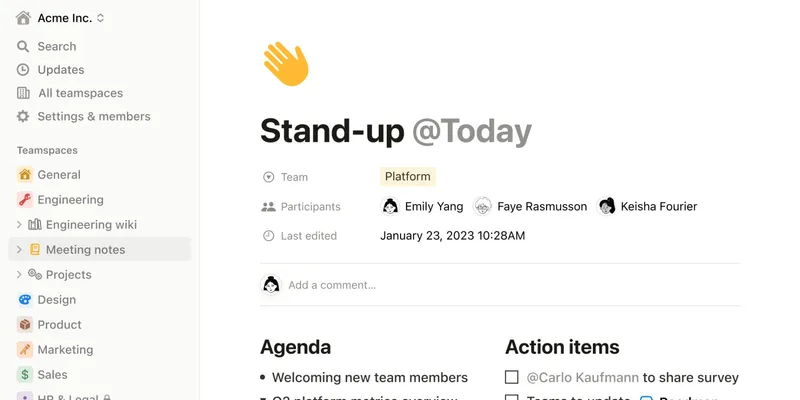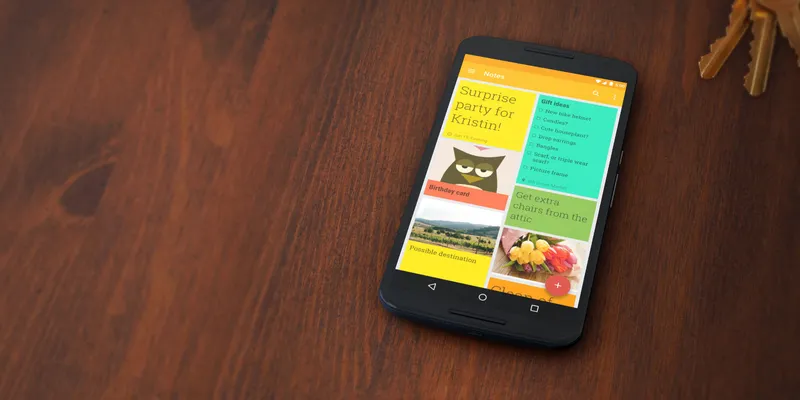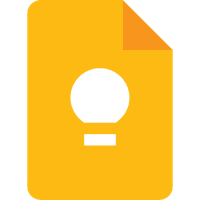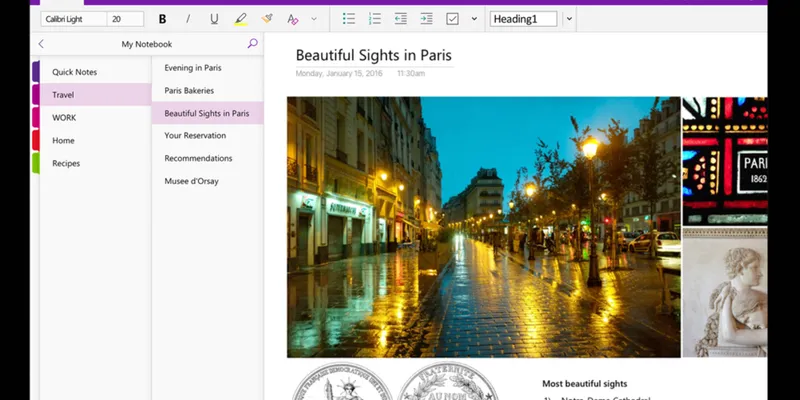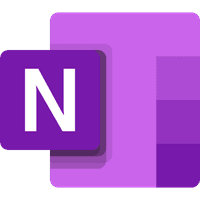It doesn’t seem to matter how many tasks I have lined up for myself; I just cannot get through them all. For every task I complete, I am adding another two or three. However, when I look back through my day, I realise that too much of my time is spent procrastinating and avoiding the tasks that I am not looking forward to. If I am honest with myself, I know that the task I am avoiding is never as bad as I think it will be, and it is those tasks that will make the biggest difference to my whole task list. Well, that was the case before I started to prioritise the tough tasks and introduced the time blocking strategy to my productivity routine.
What is Time Blocking?
Time blocking is a method of time management that involves dividing your day into blocks of time, during which you focus on specific activities. The idea is to plan out your day in advance and stick to the plan, so that you can more efficiently complete tasks and manage your time.
These blocks of time combine your events like meetings, travel and family time with your tasks so that you are no longer juggling your tasks around your calendar they are one and the same and you can carefully plan what you are doing and when you are doing it.
Time blocking helps to eliminate distractions and procrastination by providing structure and focus. It can also help you to prioritise those tougher tasks and ensure that you are not overwhelmed by too much work. Once you start time blocking you can easily see if you are just expecting too much of yourself or if you have time to fit in some extra tasks.
How Does Time Blocking Work?
You need to dedicate a small amount of time to plan your day out. You can do it the evening before or first thing in the morning before your day starts. Personally, I find it best to plan the night before. When I know my day is planned, it stops me from thinking and stressing about tasks and events, which in turn prevents me from sleeping well. I can feel at ease knowing that everything is organised and ready to handle any tasks or activities that might be causing my stress.
Time blocking involves dividing your day into blocks of time, during which you focus on specific activities. For example, you might block off the morning for work-related tasks, the afternoon for exercise and leisure activities, and the evening for winding down and relaxing. Or, like me, you might block out time down to 15-minute slots. That allows me to create blocks for small tasks but also link several together for the hours I have to spend on work or longer tasks.
In order to make the most of time blocking, it's important to be realistic about how long activities will take and to set realistic goals. At the start, I found myself really underestimating how long a task would take, which started to make me anxious as I watched my plan go down the proverbial toilet. So, while time blocking looks like it is set in stone, it is really important to be flexible and to adjust your plan if you find yourself running out of time. It is okay to postpone tasks to the next day or to stop a task and add it to your schedule the following day. We need to flow like water.
How Can Time Blocking Help with Mental Health?
Time blocking can help to reduce stress by providing structure and focus. By planning out your day in advance, you can ensure that you are not overwhelmed by too much work and that you are able to prioritise tasks.
Time blocking can also help to reduce procrastination, as it provides you with a plan that you can stick to. This can help to reduce stress and anxiety, as you are able to focus on the task at hand and not worry about the rest.
Time blocking takes alls those plates you feel like you are spinning and puts them into draws in a very organised manner. If you know you have planned out to handle a task it is amazing how quickly the stress and anxiety around it starts to go to the back of your mind rather than the all consuming forefront.
Finally, time blocking can help to improve productivity. By planning out your day, you can ensure that you are using your time effectively and efficiently. This can help to reduce stress, as you are able to complete tasks more quickly and easily.
How can you start time blocking?
It is getting easier and easier to time block as more and more of the players in the calendar and task app world are linking the two and allowing you to work with your tasks and events in the same place. But you don't need software to get started, whether you have a paper calendar or use Google, Microsoft, or any other of the many calendar apps. All you need to do is start adding the tasks from your task list (paper or otherwise) to your calendar, marking out specific times in the day when you will be fully focused on that task. For those of you who, like me, prefer an app that you have access to wherever you are, here is a list of my favourite apps that help you time block.
- TickTick - My current favourite
- Akiflow
- Sunsama
- Routine
- Sorted3
- Motion
Summary
Time blocking is not an overnight fix; you need to give it time and fine-tune a method that works for you. Whether, like me, you plan your day the night before or in the morning with your coffee, when you do get time blocking into your daily routine, you will find that you regain some control of your life, and the stress and anxiety that stem from the things you need to get done reduces significantly.
